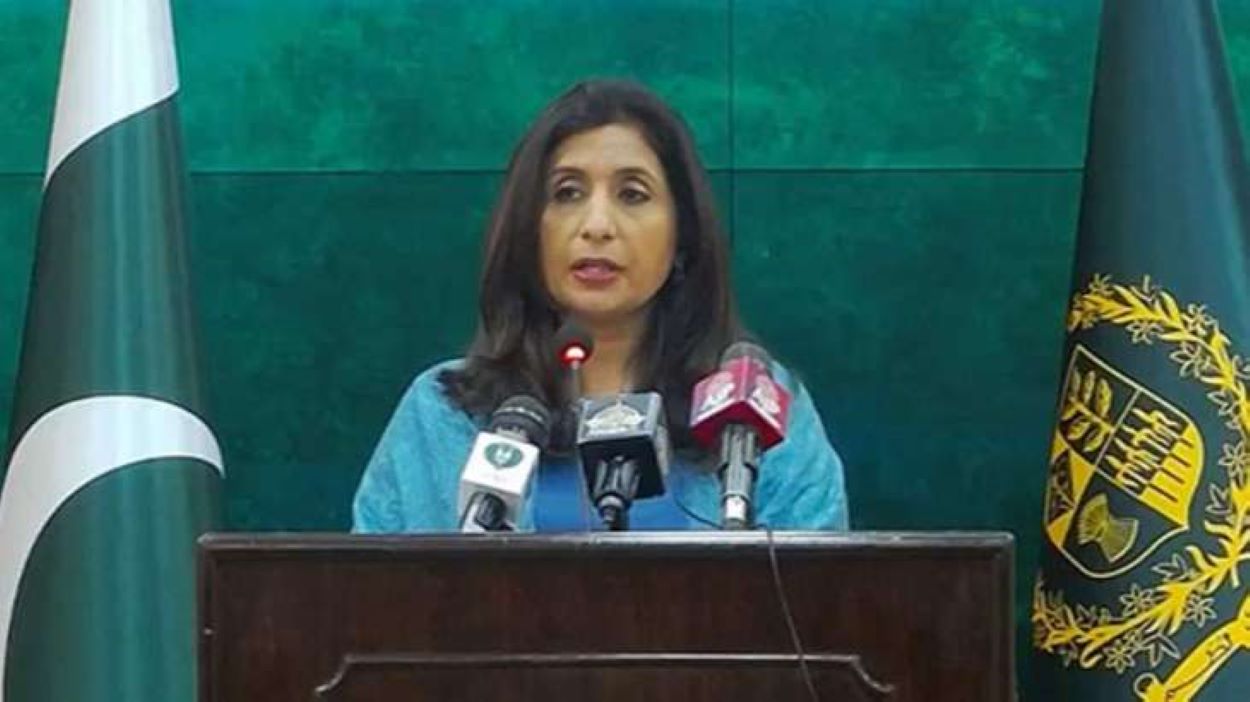On Friday, the Pakistani Foreign Office (FO) raised concerns about the increasing provocative statements from Indian leaders claiming rights over Azad Jammu and Kashmir (AJK). The FO did not specify these statements but described the trend as alarming.
Recently, Indian Defence Minister Rajnath Singh suggested that residents of Pakistan-occupied Kashmir might prefer to join India due to its development, as per NDTV. India’s Foreign Minister Subrahmanyam Jaishankar also asserted this month that India does not view Pakistan-occupied Kashmir as separate, reported The Economic Times.
This controversy resurfaced after Iran and Pakistan, in a joint statement, advocated for a peaceful Kashmir resolution based on the will of the people and international law. India discussed this with Iranian authorities, according to The Print.
During a weekly press briefing, FO spokesperson Mumtaz Zahra Baloch stated Pakistan rejects any Indian claims on AJK. She criticized the surge in such statements as being driven by hyper-nationalism, posing a threat to regional peace.
Baloch affirmed that AJK remains a disputed territory recognized internationally, contrary to India’s claims. She cited UN Security Council resolutions that call for determining Jammu and Kashmir’s status through a plebiscite under UN guidance.
Baloch also condemned the recent violence in Gaza, where Israeli actions have reportedly led to over 34,300 Palestinian deaths. She called for a transparent investigation into the mass graves discovered in Gaza, demanding an immediate ceasefire and accountability for alleged war crimes.
Looking ahead, Prime Minister Shehbaz Sharif and Foreign Minister Ishaq Dar will attend the World Economic Forum (WEF) in Riyadh from April 28-29. The forum will highlight Pakistan’s priorities in global health and energy. The Prime Minister will also join the 15th Organisation of Islamic Cooperation (OIC) summit in Gambia, focusing on Gaza and other critical issues for the Muslim world.
These developments underscore Pakistan’s ongoing commitment to addressing regional disputes and global challenges through international diplomacy.






